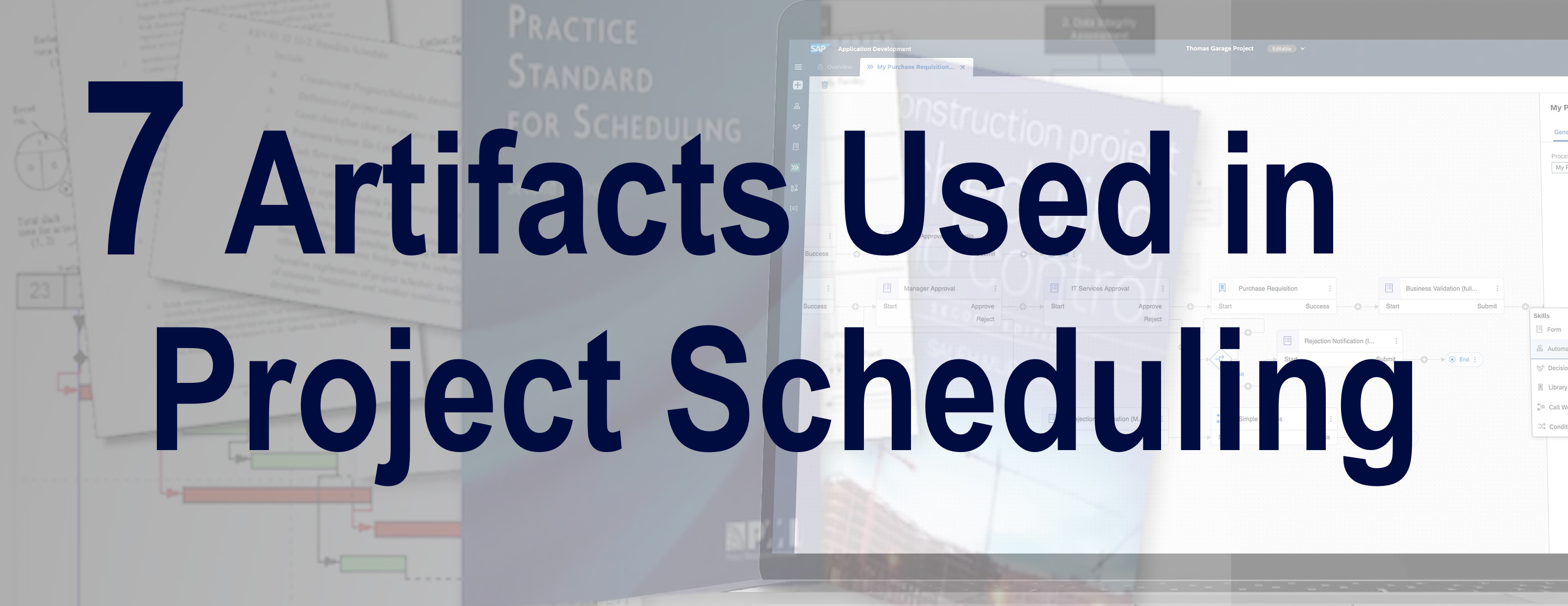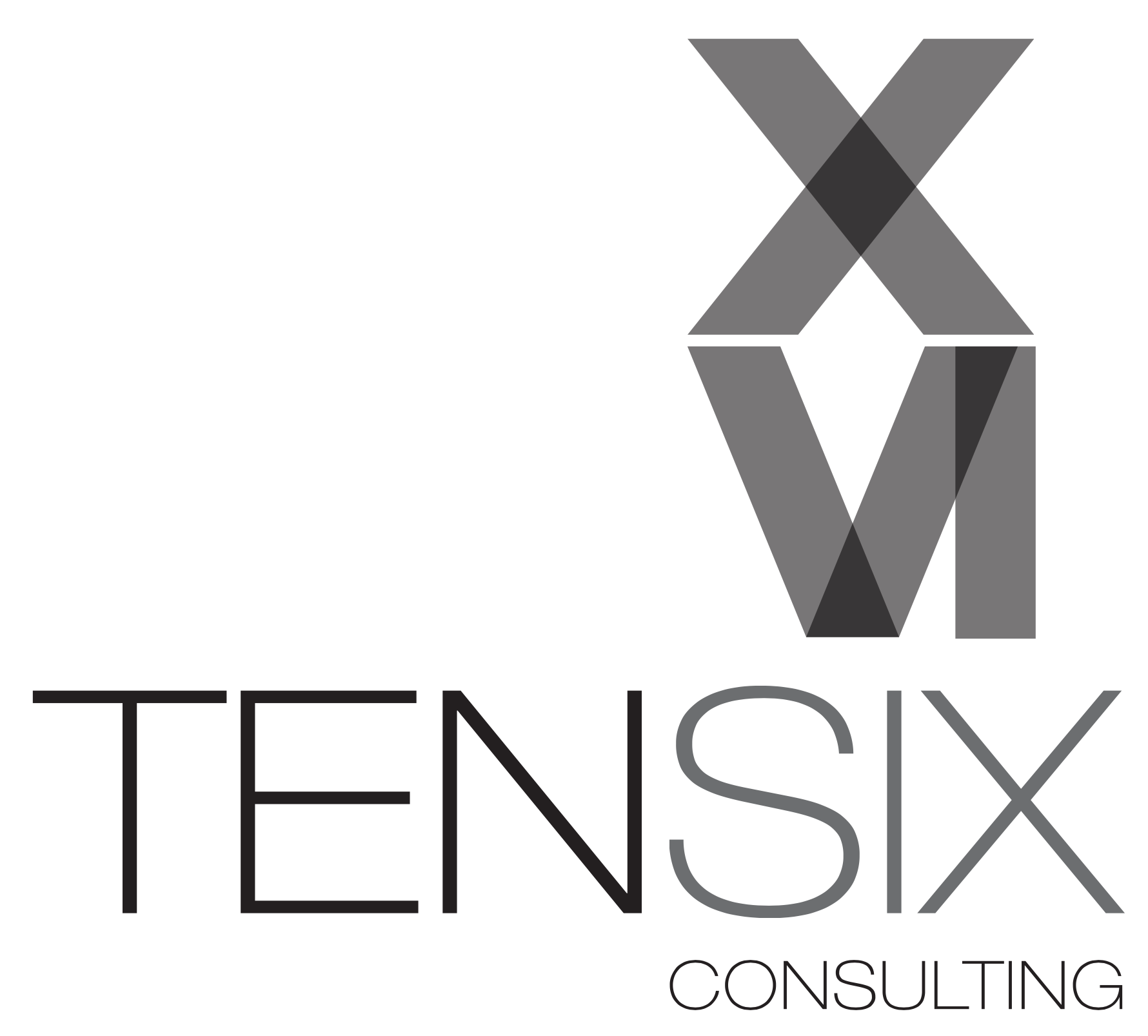 Artifacts Used in Project Scheduling
Artifacts Used in Project Scheduling
The latest version of A Guide to the Project Management Body of Knowledge (PMBOK® Guide) includes a new section on artifacts used during managing projects.
An artifact is something you would create or use during the project, generally with the aim of helping you achieve the specific goals of the project. For example, artifacts include templates, project documents, logs and registers as well as the deliverables created as part of the project themselves.
Project scheduling is a domain that requires a fair amount of paperwork – digital or physical – and as a result there are several artifacts that specifically help with project scheduling. Let’s take a look at these.
1. Roadmap
A project roadmap is a strategy-driven artifact that is a high-level timeline that shows key milestones and other significant dates along the journey to project delivery. For example, a roadmap can show major phases, review points, key decisions and more.
There are lots of ways to create a roadmap, and if your project management software won’t give you a milestone overview, it’s easy to create a timeline on a slide for the purposes of project communications.
2. Plans
We often find managers get confused between ‘plan’ and ‘schedule’ especially if they haven’t been around projects in any formal capacity. They may use the terms interchangeably, and many experienced project managers do the same! However, when we need to be precise, we refer to plans as the documents that describe the way something is going to get done, and a schedule as the time-driven task list that sets out the activity durations, resources and completion dates.
Plans are helpful for scheduling because they provide the context and background for how scheduling decisions are made. They provide the structure to help build an effective schedule. For example, a release plan sets the expectations for how releases will work and may also include the dates for upcoming releases.
The resource management plan is helpful for understanding how individuals can be allocated to tasks so that their time can be accounted for on the schedule. The schedule management plan will describe how the schedule will be created, monitored and controlled.
3. Work breakdown structure
The work breakdown structure (WBS) is a chart that shows how the project scope can be decomposed into activities that the team will do. Once each element of the WBS is created, the project should (in theory) be delivered. An activity list might be used alongside your WBS. This is a document that describes each activity in enough detail for each team member to know what they have to do for that scope item.
Other hierarchy artifacts might be helpful for scheduling too, like the resource breakdown structure as this can show you the type and category of resources. Understanding this information makes it easier to allocate the right resource to the right tasks.
4. Project calendar
The project calendar is crucial to understanding the available working hours and for forecasting the work to be done. It shows working days and non-working days, as well as shift availability for resources working shift patterns.
The project calendar is normally embedded in your project management scheduling tool such as Primavera P6 Professional or Microsoft Project. It forms part of your project set up in the tool so that the schedule can be automatically calculated around working days – although if these are non-standard you will have to enter the data first.
5. Project schedule
Yes, the schedule itself is an artifact!
The Gantt chart is a visual representation of the schedule and it’s one of the main sources of information for project managers and teams during the execution phase and beyond.
6. Status reports
All project reports can be considered as artifacts, but the humble status report is probably the one most closely aligned to scheduling. The project schedule provides information to feed into the status report, so everyone has a clear understanding of project progress as well as what activities are forecasted and any variance between planned and actual work.
Status reports could be manually generated or pre-populated from data in your project management tool.
7. Contracts
Agreements and contracts are another category of artifacts, and it’s important to understand what your organization has committed to in the contract so you can build the schedule around being able to achieve that. for example, there might be specific dates to hit, or penalties incurred for not achieving milestones on time. Understanding your contract requirements can also help maximize return for the contract by ensuring you deliver the work in the most cost-efficient way, especially if you are working to a fixed price.
There is a lot that goes into a good project schedule, and here we have only just touched the surface of the various documents, templates, resources and inputs that go into making a quality schedule.
Scheduling itself is a skill: you have to take all the inputs and create a detailed, efficient schedule that enables the team to deliver the work. Maintaining the schedule is also an overhead for teams, especially if there is no one on the team who has the experience in the mandated project management tool. That’s why we work with a lot of companies who chose to outsource project scheduling so they can focus on doing what they do best while we keep the timeline up-to-date and compliant with all contractual requirements.
Whether you maintain your schedule in-house or outsource scheduling services to another provider, using a range of inputs and artifacts will help you build and run a better project.
